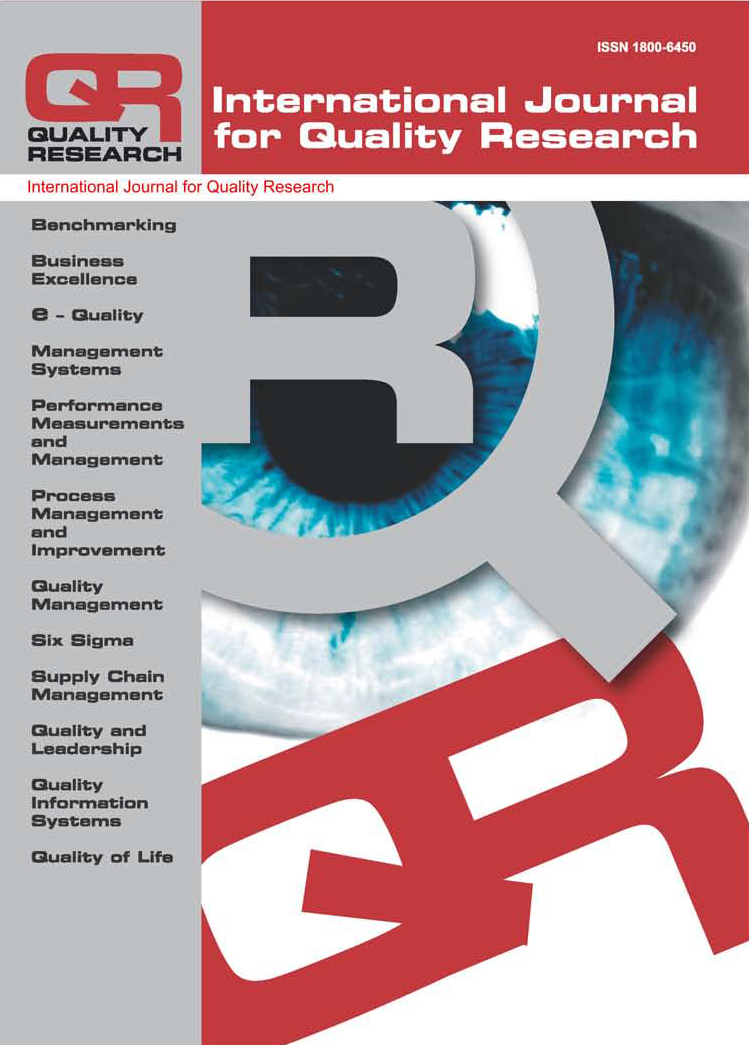HOW DIFFERENT N-POINT LIKERT SCALES AFFECT THE MEASUREMENT OF SATISFACTION IN ACADEMIC CONFERENCES
Juan Carlos Martín, Concepción Román, Clara Gonzaga
Abstract: Satisfaction in the segment of academic conferences has not been analysed as much as the hotels in the field of tourism. This paper presents a fuzzy logic approach that evaluates the satisfaction of conferences held at the Technical University of Loja in 2013. The satisfaction experienced by the delegates is measured through triangular fuzzy numbers and the concept of the degree of optimality, via the closeness to ideal solutions. Using different fuzzy numbers representations, and different Likert scales, we test whether the obtained synthetic satisfaction indicators are affected. Results indicate that the indicators are highly robust to the use of different fuzzy numbers representations, clarification methods and Likert scales. Thus, it can be concluded that binary answer formats can be safely used to measure satisfaction in the context of academic conferences. This result is concordant with that obtained by Dolnicar and Grün (2007) in the analysis of brand image measurement.
Keywords: Triangular fuzzy numbers, TOPSIS, Satisfaction, Likert scales, Academic conferences
DOI: 10.18421/IJQR12.02-08
Recieved: 10.01.2018 Accepted: 13.04.2018 UDC: 65.012.63
Reads: 1615 







